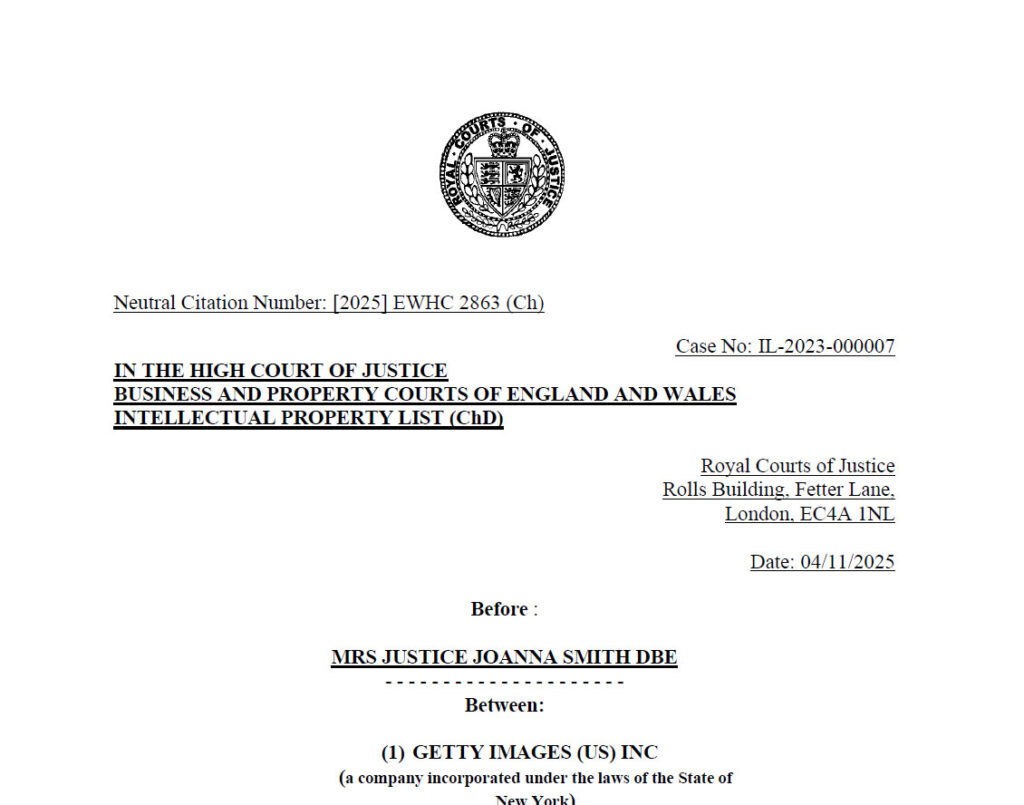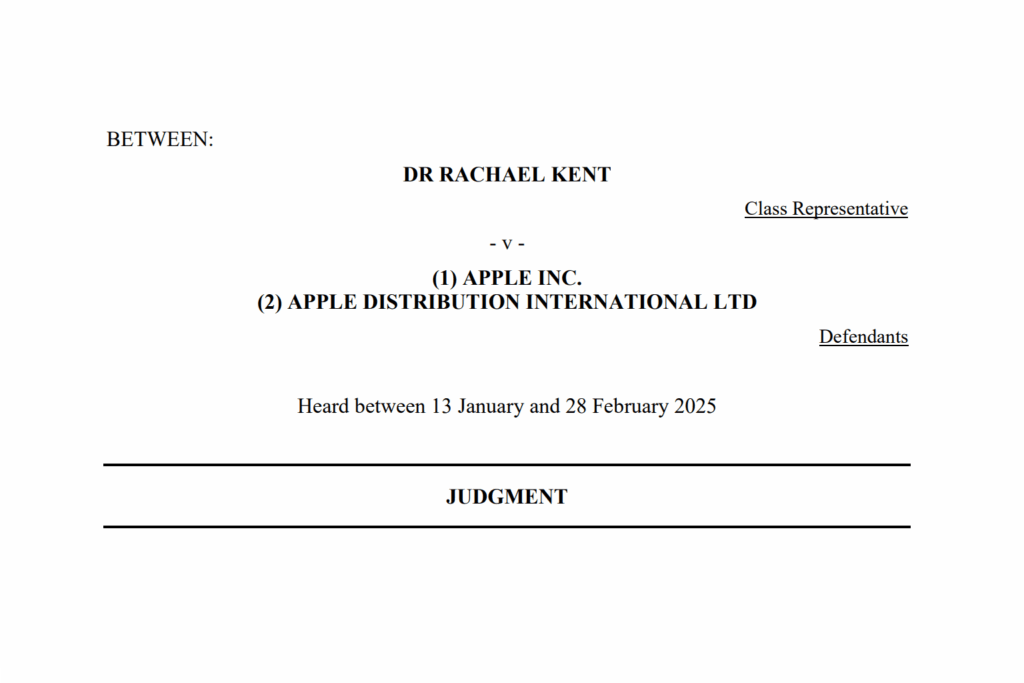On February 25, 2025, the Court of Justice of the European Union (CJEU) issued a significant ruling in Case C-233/23, Alphabet Inc. v. Autorità Garante della Concorrenza e del Mercato (AGCM). This judgment addresses the refusal by Alphabet’s subsidiary, Google, to grant interoperability between its Android Auto platform and a third-party app for electric vehicle (EV) charging, raising fundamental questions about competition law in the digital era.
Background of the Case
The case originated from Google’s refusal to allow Enel X Italia’s JuicePass app to be interoperable with Android Auto. This app facilitates EV charging by allowing users to locate charging stations, navigate to them, and manage payments. Google initially denied access, arguing that it lacked a template for such apps and citing security concerns. Enel X Italia filed a complaint with the Italian Competition Authority (AGCM), which found Google’s conduct to be abusive under Article 102 of the Treaty on the Functioning of the European Union (TFEU). The AGCM imposed a fine exceeding EUR 102 million on Google and ordered it to ensure interoperability.
Key Findings of the Judgment
The CJEU addressed several critical competition law questions:
- Interoperability and Abuse of Dominance: The Court ruled that Google’s refusal to grant access to Android Auto could constitute an abuse of dominance under Article 102 TFEU, even if the platform was not indispensable for competition. The Court distinguished this case from Bronner (1998), noting that Android Auto was designed for third-party integration, making refusal to interoperate potentially anticompetitive.
- Effects on Competition: The judgment emphasized that Google’s conduct could distort competition by impeding a competitor’s ability to provide a valuable service. The Court rejected Google’s argument that Enel X Italia and its competitors remained active in the market, stating that continued market presence does not preclude a finding of anticompetitive effects.
- Objective Justifications and Market Considerations: Google’s defense—that the lack of a pre-existing template justified its refusal—was not accepted as an absolute defense. The Court ruled that a dominant firm may be required to develop necessary tools (such as interoperability templates) if access denial significantly restricts competition.
- Defining the Market: The Court clarified that competition authorities do not always need to define a precise downstream market. It acknowledged the evolving nature of digital markets and permitted authorities to assess competitive effects based on potential rather than fully established markets.
Implications for Digital Markets
This judgment sets a precedent for competition enforcement in digital ecosystems. It underscores that dominant firms controlling key platforms must not arbitrarily exclude competitors, especially when interoperability is a market expectation. The ruling also signals stricter scrutiny of exclusionary practices in the tech sector, aligning with the European Union’s broader regulatory approach, including the Digital Markets Act (DMA).
From a legal perspective, the case refines the test for abusive refusal to supply in digital contexts. Unlike traditional infrastructure cases where indispensability was a strict requirement, the Court recognized that digital platforms operate differently and should be assessed with flexibility. This could lead to increased regulatory intervention to prevent digital gatekeeping.
Conclusion
The Alphabet ruling reinforces the EU’s commitment to fair competition in digital markets. It highlights the need for dominant firms to facilitate, rather than hinder, innovation and competition. Businesses operating in the digital sphere should carefully evaluate their platform access policies to ensure compliance with EU competition law. As digital ecosystems continue to evolve, this decision will serve as a guiding precedent for future cases involving interoperability and market access restrictions.



